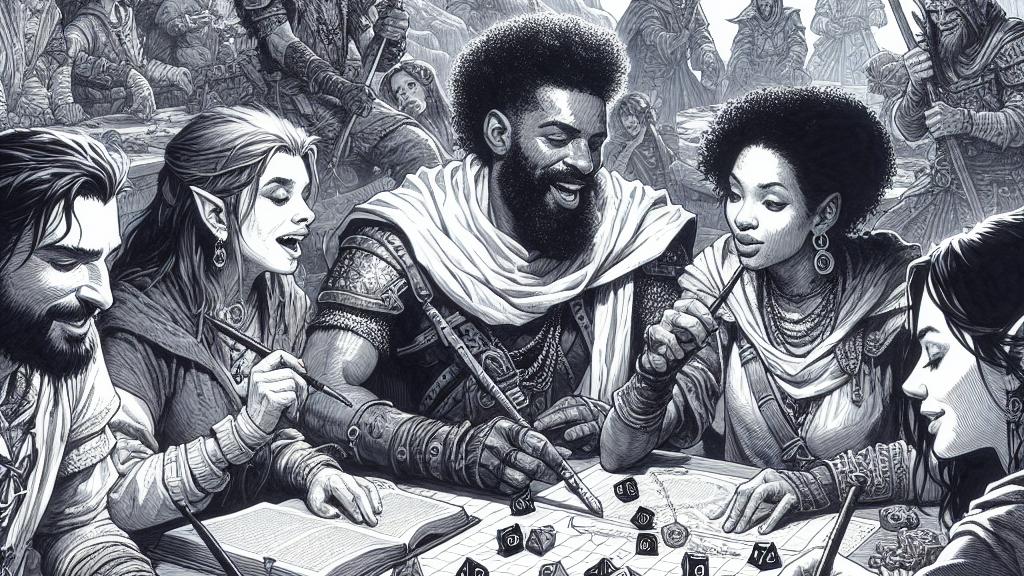Rolling the Dice: TRPG's Secret Weapon for Autism Support!
Overview
- Tabletop role-playing games (TRPGs) like Dungeons & Dragons effectively enhance social skills in individuals with autism.
- Role-playing encourages self-expression in a supportive environment, facilitating meaningful social interactions.
- Research underscores the ability of TRPGs to improve mental health, self-esteem, and reduce feelings of isolation and anxiety.

The Transformative Impact of TRPGs on Social Skills
In the UK, a groundbreaking study led by researchers from the University of Plymouth has illuminated the positive effects that tabletop role-playing games (TRPGs), such as Dungeons & Dragons, can have on individuals diagnosed with autism. Published in the journal 'Autism', this research revealed that engaging in TRPGs can significantly alleviate feelings of loneliness and social disconnection. Participants expressed a heartfelt desire to connect with others yet faced numerous obstacles in interpreting social cues during everyday interactions. The structured but creative nature of TRPGs provides an environment where players can engage socially with reduced pressure, empowering them to form genuine relationships and fostering their communication skills.
Role-Playing: Unlocking Self-Discovery and Confidence
By taking on fictional personas, players in TRPGs are afforded a unique mechanism for self-exploration, emotional expression, and social learning. This immersive experience allows individuals to step outside their usual identities and navigate a range of emotional landscapes, offering a comforting space to practice new social skills without the fear of real-world repercussions. Many players report heightened self-confidence as they learn to confront and overcome challenges presented within their games—often reflecting their own life experiences. Furthermore, the collaborative nature of role-playing fosters teamwork and empathy, helping players develop vital social skills that extend beyond the gaming table and into their daily lives.
TRPGs vs. Video Games: A Unique Approach to Social Interaction
While video games can facilitate social interactions, researchers highlight that TRPGs offer distinct advantages in fostering meaningful connections. Unlike online gaming, which can lead to excessive screen time and social isolation, tabletop games promote face-to-face engagement and cooperative problem-solving. The inclusive atmosphere of TRPGs encourages players to work collectively toward common objectives, devoid of competitive pressures. This supportive framework not only enhances enjoyment but also cultivates a sense of community and belonging among players. In essence, while traditional video gaming may serve as a solitary escape, TRPGs actively promote social integration and development, demonstrating significant potential for supporting individuals with autism in their social endeavors.

Loading...